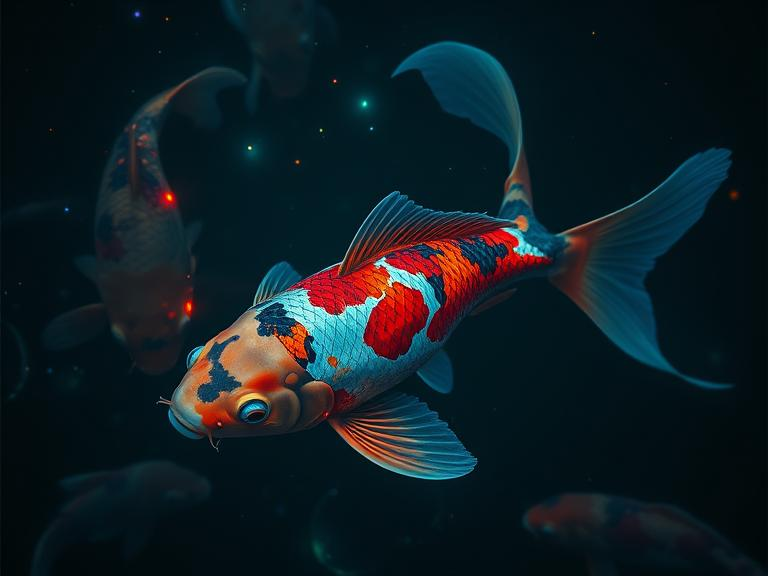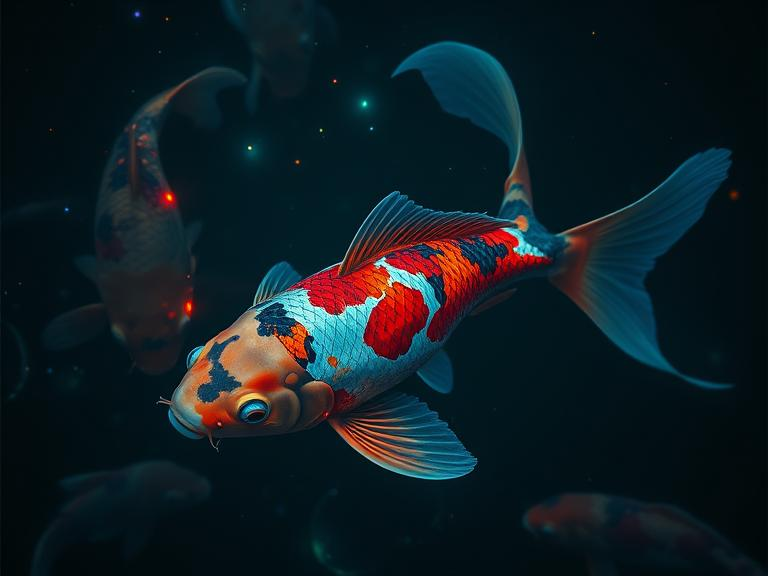
Keeping koi fish healthy and vibrant requires more than just feeding them properly—it starts with maintaining high water quality. Water conditions directly impact koi health, affecting their growth, coloration, and overall lifespan. For koi enthusiasts, understanding the crucial aspects of water quality can make a significant difference in fish well-being.
Key Factors Affecting Water Quality
Several parameters influence the quality of water in a koi pond, including:
- pH levels – Koi thrive in water with a pH between 7.0 and 8.5. Drastic fluctuations can stress the fish, leading to illness.
- Ammonia and nitrite levels – Waste from fish and uneaten food produce ammonia, which can be toxic if not properly managed. A well-established biological filtration system helps break down ammonia into less harmful substances.
- Oxygen levels – Koi need sufficient oxygen to survive. Aeration devices like air pumps and waterfalls help maintain proper oxygen levels in the water.
- Temperature – Sudden temperature changes can shock koi, weakening their immune systems. Keeping water between 15°C and 25°C provides optimal conditions.
The Role of Filtration Systems
An efficient filtration system is essential for maintaining clean and healthy water. Filtration systems usually consist of mechanical, biological, and chemical components that help remove debris, convert harmful chemicals, and maintain balance in the pond ecosystem.
Regular maintenance, such as cleaning filters and checking water parameters, prevents potential problems that could harm koi.
Preventing Common Water Quality Issues
To ensure a stable water environment, koi keepers should:
- Perform regular water changes (10–20% weekly) to remove toxins and replenish minerals.
- Avoid overfeeding, which can lead to excess waste and poor water conditions.
- Monitor water parameters using test kits to detect any imbalances early.
Conclusion
Water quality is one of the most critical factors in koi fish care. Maintaining balanced pH levels, oxygenation, and filtration systems will ensure koi remain healthy, active, and beautifully colored. By staying proactive in water management, koi enthusiasts can provide their fish with an optimal environment for long-term well-being.

